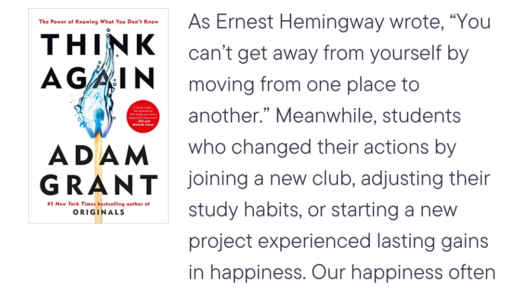Since railways were to be the model for civilian consolidation, Deng personally plunged into the details of the national railway problem. He stated that the estimated loading capacity nationally was 55,000 rail cars per day, but only a little more than 40,000 cars were being loaded daily. “The present number of railway accidents is alarming. There were 755 major ones last year, some of them extremely serious.” (By comparison, in 1964 there had been only eighty-eight accidents.) Discipline was poor and rules and regulations were not enforced: “Train conductors go off to eat whenever they like, and therefore the trains frequently run behind schedule,” for instance, and rules against consuming alcohol on duty were not strictly observed. In addition, “if we don’t take action now [against bad elements who speculate, engage in profiteering, grab power and money] … how much longer are we going to wait? … Persons engaging in factionalism should be reeducated and their leaders opposed.” To those participating in factions but who correct their mistakes, Deng said, “[We can] let bygones be bygones, but if they refuse to mend their ways, they will be sternly dealt with.” Meanwhile, “active factionalists must be transferred to other posts,” and if a factional ringleader refuses to be transferred, “stop paying his wages until he submits.” Switching to a more positive tone, Deng proclaimed, “I think the overwhelming majority” supports the decision. Railway workers are “among the most advanced and best organized sections of the Chinese working class…. If the pros and cons are clearly explained to them, the overwhelming majority of railway personnel will naturally give their support…. [and] the experience gained in handling the problems in railway work will be useful to the other industrial units.” This was vintage Deng. Paint the broad picture, tell why something needed to be done, focus on the task, cover the ideological bases, and seek public support for replacing officials who were not doing their jobs.
An insight into communicating with your political base, and how Deng was able to leverage public support into driving initiatives that he wanted to push.
In current times where leaders have to push the populace into doing certain initiatives, government leaders could definitely take a page out of Deng’s book. However, we live in a different time today and with the state of our media and internet today, any statement can and will be misconstrued to fit different agendas.



